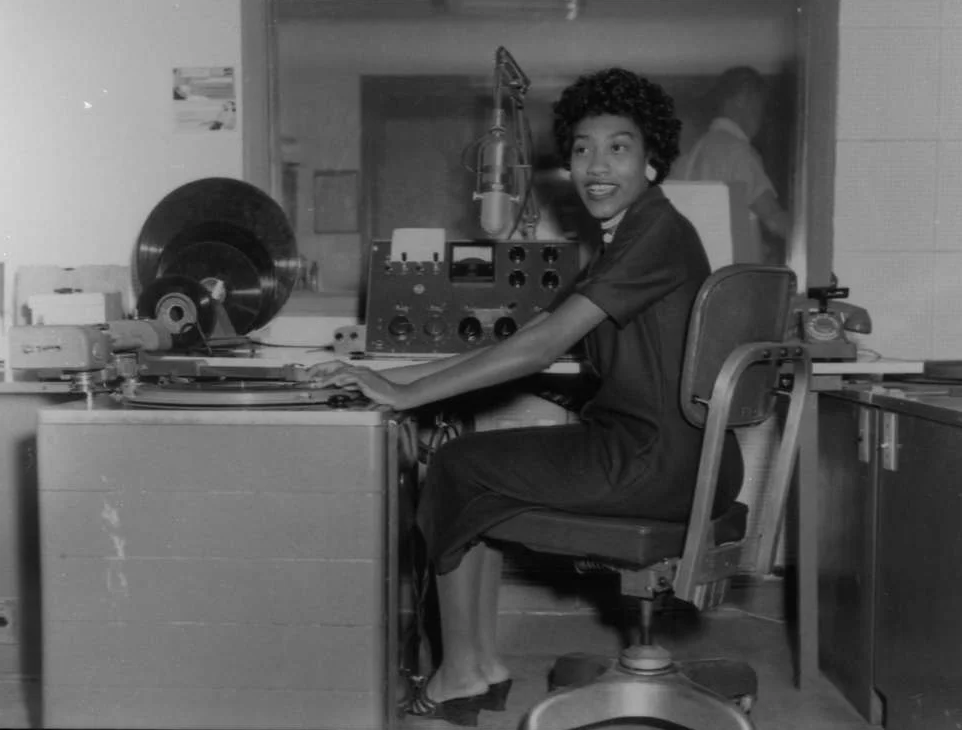Explore the Historic West End of Charlotte, North Carolina
Take a tour of the historic African American communities that surround
Johnson C. Smith University
This digital mapping project combines historical photographs, newspapers articles, documents, digital sites, and oral histories to tell the story of the Historic West End, a network of rich and vibrant African American neighborhoods that surround the campus of Johnson C. Smith University and are currently faced with rising concerns of displacement and change as Charlotte grows. The project seeks to tell the stories of these communities through the eyes of those who lived there and still do by conducting oral histories with long-time residents, and by documenting the businesses, churches, schools, nightclubs, parks, restaurants, and dynamic personalities and events that have shaped the corridor.
Many of Charlotte’s historic black communities have been erased forcibly from the landscape by urban renewal policies in the 1970’s and the city’s economic expansion during the 1980’s and 1990’s, but the Historic West End has survived largely intact. This map tells a story about the threat this area currently faces due to gentrification and a loss of historical identity, a threat that will only increase as transit lines currently coming down the corridor quicken the pace of development. The real story, however, is one of survival. For generations these neighborhoods have faced challenges like school desegregation, the often violent struggle to gain civil rights, the highways that split their communities, and the crime, drugs, and economic stagnation that followed. They have not only survived but thrived, and they nurtured a successful black professional middle class of doctors, lawyers, politicians, teachers, ministers, and civil rights leaders who lived in impressive suburban enclaves at a time when they were often not even viewed as equals.
This project uses a large archive of unseen photographs and negatives from the James G. Peeler Collection held at Johnson C. Smith University and also utilizes material from other local archives, libraries, institutions, and agencies including the Carolina Room of the Charlotte‐Mecklenburg Public Library, Special Collections at the University of North Carolina at Charlotte, the University of North Carolina at Chapel Hill, Duke University, the Charlotte Observer and the Charlotte Post, the Charlotte-Mecklenburg Planning Department, and the Charlotte-Mecklenburg Historic Landmarks Commission.
Comments are enabled for each map point, and we welcome any memories, photographs, links, and other contributions that anyone who has experienced the Historic West End can provide to us to tell these stories. The full length oral histories that were conducted during the project, along with the accompanying transcripts, can be viewed on Digital Smith, Johnson C. Smith University’s digital repository:
Collections
Photographs courtesy of the Inez Moore Parker Archives at Johnson C. Smith University and their partners











